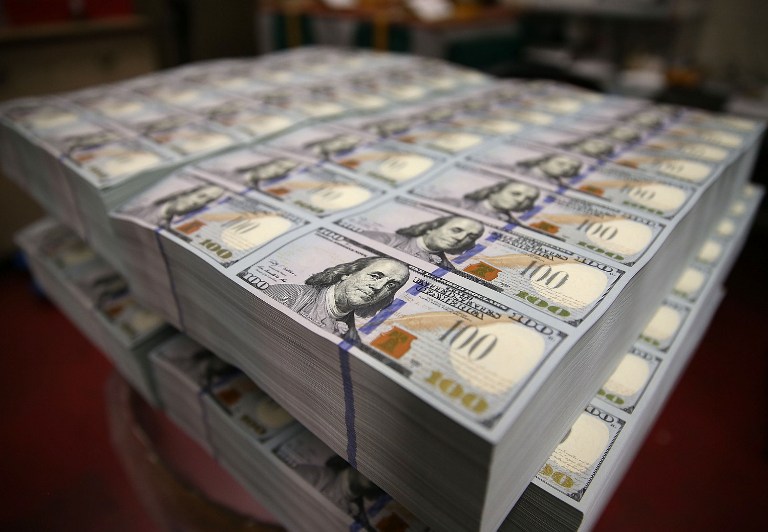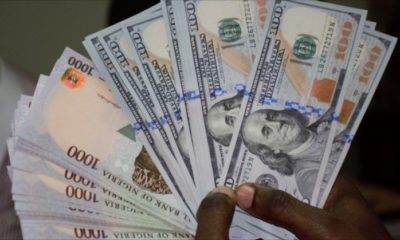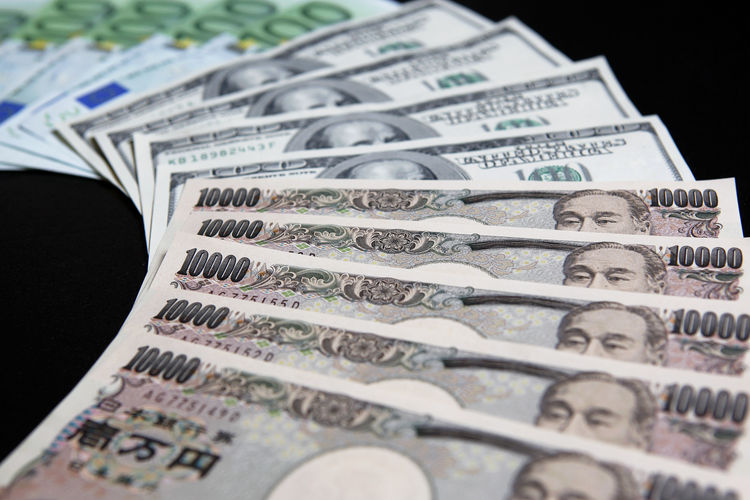Forex
Bureau de Change Operators Warn Currency Speculators

Naira
Black Market Dollar Rate Reaches ₦1,380 Today, May 3rd, 2024
US dollar to Nigerian Naira exchange rate as of May 3rd, 2024 at the black market stood at 1 USD to ₦1,380
Naira
Dollar to Naira Black Market Today, May 2nd, 2024
As of May 2nd, 2024, the exchange rate for the US dollar to the Nigerian Naira stands at 1 USD to 1,350 NGN in the black market, also referred to as the parallel market or Aboki fx.
Forex
Yen’s Plunge Persists Despite Japan’s Late New York Trading Intervention
-



 Forex4 weeks ago
Forex4 weeks agoZiG to the Rescue: Zimbabwe Shifts Gear with New Currency Backed by Gold
-







 Naira3 weeks ago
Naira3 weeks agoDollar to Naira Black Market Today, April 9th, 2024
-

 Billionaire Watch3 weeks ago
Billionaire Watch3 weeks agoNigerian Billionaire Tony Elumelu Contemplates Acquiring NPFL Club
-







 Naira4 weeks ago
Naira4 weeks agoDollar to Naira Black Market Today, April 8th, 2024
-







 Naira3 weeks ago
Naira3 weeks agoNaira Hits Eight-Month High at 1,120/$ Amidst Central Bank Reforms
-



 Naira2 weeks ago
Naira2 weeks agoDollar to Naira Black Market Today, April 17th, 2024
-







 Naira2 weeks ago
Naira2 weeks agoDollar to Naira Black Market Today, April 18th, 2024
-

 Commodities4 weeks ago
Commodities4 weeks agoDiesel Price Plummets as Dangote Refinery Floods Market














